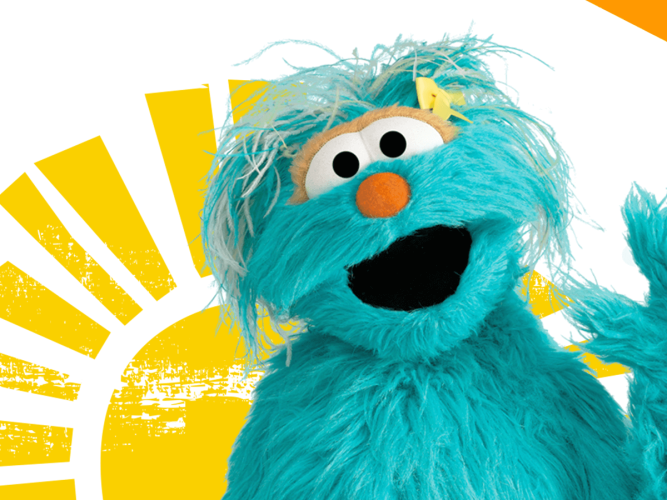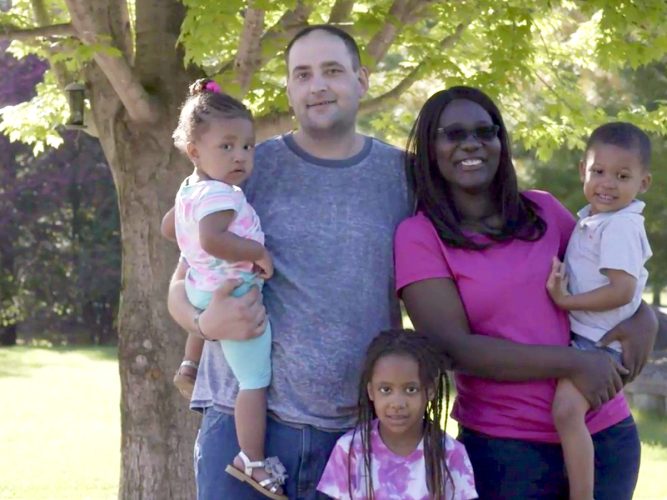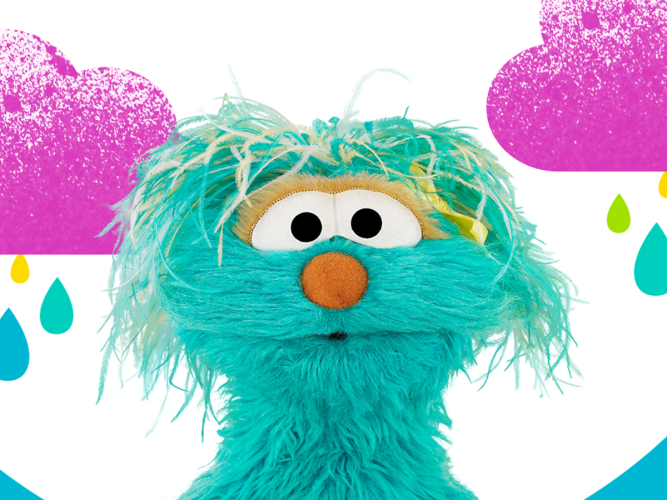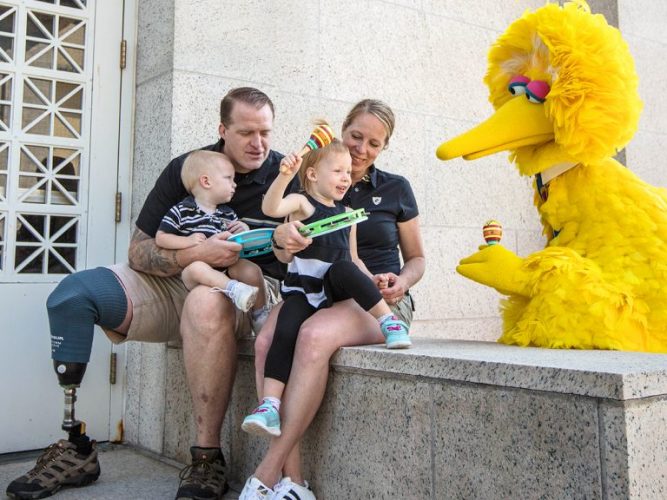
Children’s Questions About Caregiving
Children’s caregiving questions and answers.
Caregiving often means adjusting old routines and embracing new responsibilities. Inevitably, your child will ask you some tough questions. Why does a parent seem angry? Or sad? When will things be the way they were? There are age-appropriate ways to explain these changes to your children.
Here are some questions your child might ask, and ways you might respond:
When will things be back to normal?
- Explain that getting better can take a long time, and that sometimes when big changes happen, we need to have a “new normal.”
- Explain that while many things change, some stay the same. Talk about the things that are the same, then adopt new routines that give kids consistency and something to look forward to.
- Just because things are different doesn’t mean they’re worse. Different can be good, even fun. We can celebrate ways we’ve grown and changed over the years.
Why does a parent seem not “like himself”?
- If the parent seems physically the same, you can explain that the hurt or injury is inside. Sometimes when you look at a person, you can’t see the hurt, but it’s there. You can use the name of the injury if you have a medical diagnosis.
- Help your child understand that an injury or chronic illness may change the way his injured parent feels, talks, and acts. Everything from forgetfulness to anger and frustration to sleepiness can be symptoms of this injury.
- Remind the child that none of this is her fault, and that he can help his family by helping out around the house, giving his parent some quiet time, and just by being himself—he adds so much joy to your lives!
Why does the caregiving parent seem sad?
- Assure your child that everyone, including you, has feelings, and that there are no feelings too big—or too little—to talk about.
- The changes involved in military and veteran caregiving can lead to big feelings. It’s okay to let your child see you cry. Explain why—tell her you’re just feeling sad or having a hard day, and that sometimes it helps to let feelings out in this way.
- Use your own feelings to start a conversation with your child about hers. What are safe, constructive ways you can express big feelings together. Running, dancing, listening to music, creating art, and taking deep breaths can help.
How come Daddy doesn’t go to work?
- Daddy/Mommy got hurt while he was in the military.
- Mommy/Daddy’s first job is to take care of himself/herself. He is focusing on taking care of his injuries so that we can spend time together as a family.
Children often need words to repeat for themselves and for their parents as the family goes through particularly difficult times. Try some of these phrases:
- We are home. We are safe.
- We can keep moving forward.
- It’s all about teamwork. We are all part of this team.
It’s okay to not know all the answers, and to say so! Reassure your child that you’re learning together with them. And that you can both take your time to get comfortable with each other and your new ways of doing things. Modeling a hopeful attitude in the midst of uncertainty will help your child thrive.

You’ve Done It Before, You’ll Do It Again

Sunny, Stormy, Cloudy Days Podcast
No matter what type of day, sharing feelings and doing simple activities together can help you keep connected.

Helping Each Other After an Injury
Families find strength in working together through changes after an injury.

Care for the Caregivers
Caregivers need support and self care to become a source of strength for their families.

Bravery Badges
Sometimes we all need a reminder that we're courageous.

A Stormy Day Story
When Rosita’s tummy feels funny because her papi is still in the hospital, Mami helps her notice that she’s feeling worried, and they get busy writing love notes for Papi’s return.

Supporting Caregiving Families
A guide to help providers support military and veteran caregiving families.
